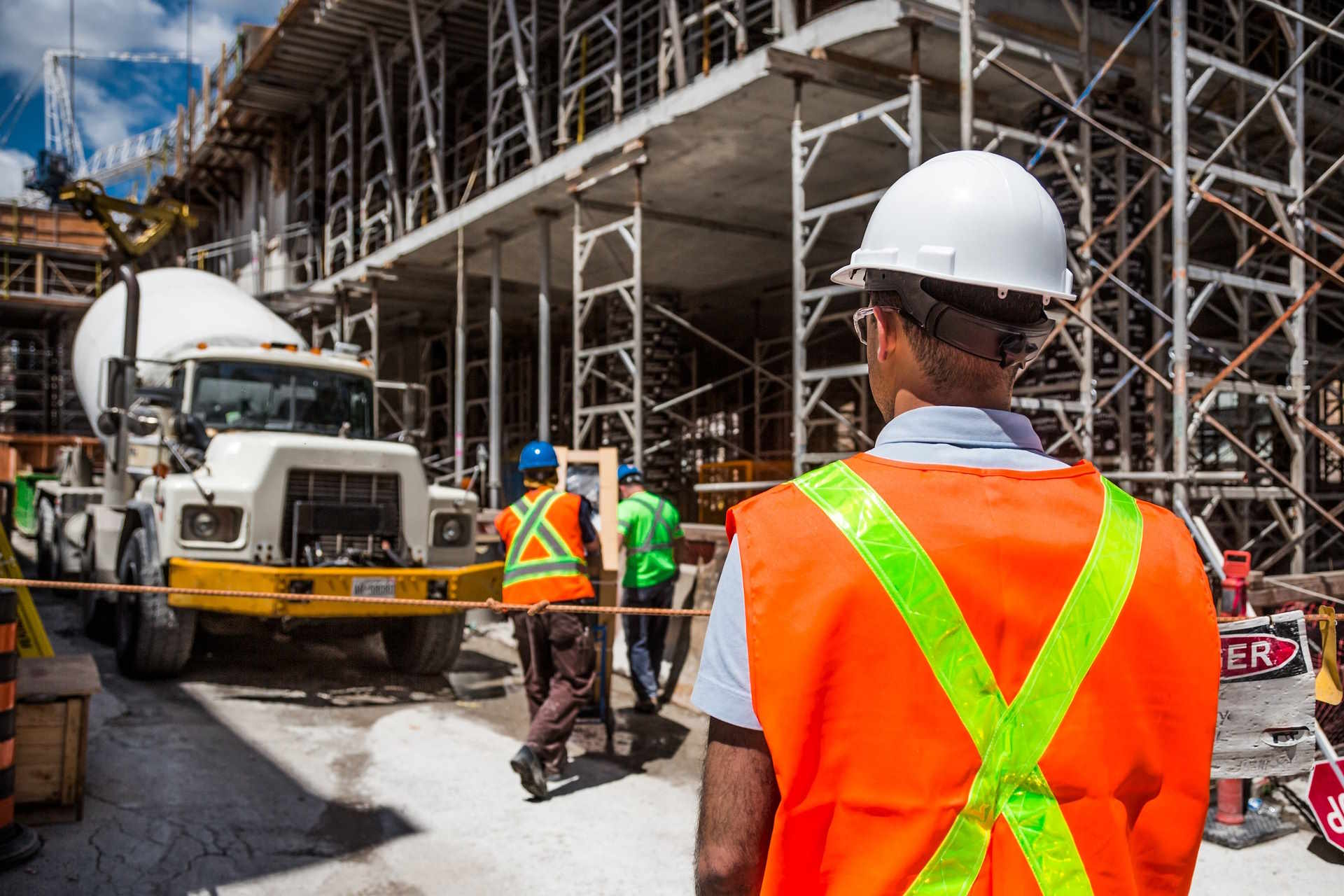Construction Jobs in Canada: What to Expect
Many people explore construction work in Canada as a way to gain stable experience and participate in building projects. While requirements may vary, having English language skills can be a significant advantage in communication and safety. Discover what to expect and learn more in this article.

What types of construction jobs are available in Canada?
The Canadian construction industry encompasses a wide range of roles, catering to various skill sets and experience levels. Some common positions include:
-
Carpenters
-
Electricians
-
Plumbers
-
Heavy equipment operators
-
Welders
-
Construction managers
-
Laborers and helpers
Each of these roles plays a vital part in the construction process, from residential buildings to large-scale infrastructure projects. The diversity of available positions means there are opportunities for both entry-level workers and seasoned professionals.
How can I find building trade opportunities in Canada?
Finding construction jobs in Canada requires a combination of research, networking, and utilizing available resources. Here are some effective ways to discover building trade opportunities:
-
Online job boards: Websites like Indeed, JobBank, and Workopolis regularly list construction job openings across Canada.
-
Trade unions: Many construction workers in Canada are part of trade unions, which can provide job placement services and training opportunities.
-
Construction companies: Directly contacting construction firms or visiting their websites can lead to job opportunities.
-
Networking: Attending industry events, job fairs, and connecting with professionals in the field can open doors to potential employment.
-
Government programs: Some provinces offer programs to help newcomers and job seekers find work in the construction industry.
By exploring these avenues, you can increase your chances of finding suitable construction jobs that match your skills and career goals.
What qualifications are needed to work in construction in Canada?
The qualifications required for construction jobs in Canada can vary depending on the specific role and province. However, some general requirements include:
-
Education: Many trades require completion of an apprenticeship program or vocational training.
-
Certification: Certain trades, such as electricians and plumbers, need to be certified or licensed to work in Canada.
-
Safety training: Most construction jobs require workers to complete safety courses, such as the Workplace Hazardous Materials Information System (WHMIS) and Construction Safety Training System (CSTS).
-
Physical fitness: Construction work often involves heavy lifting and long hours of physical labor.
-
Work permits: For non-Canadian citizens, obtaining the necessary work permits is crucial.
It’s important to research the specific requirements for your desired role and province, as they can differ across Canada.
How important are English skills in construction jobs?
English language proficiency is highly valuable in the Canadian construction industry. Strong English skills can:
-
Enhance workplace safety by ensuring clear communication of instructions and warnings.
-
Improve collaboration with team members and supervisors.
-
Help in understanding technical documents, blueprints, and safety regulations.
-
Increase opportunities for career advancement and specialized roles.
While some construction jobs may not require fluent English, having a good command of the language can significantly boost your employability and career prospects in the Canadian construction sector.
What are the prospects for stable jobs in building in Canada?
The construction industry in Canada offers promising prospects for stable employment. Several factors contribute to this stability:
-
Ongoing infrastructure projects: Canada continually invests in infrastructure development, creating a steady demand for construction workers.
-
Housing market growth: The need for new housing in many urban areas sustains job opportunities in residential construction.
-
Skilled labor shortage: Many construction trades are experiencing a shortage of skilled workers, leading to increased job security for qualified individuals.
-
Seasonal considerations: While some construction work may slow down during winter months, many projects continue year-round, especially in urban areas.
-
Long-term career potential: The construction industry offers opportunities for career growth, from entry-level positions to supervisory and management roles.
What salary range can I expect in Canadian construction jobs?
Salaries in the Canadian construction industry can vary widely based on factors such as experience, location, and specific trade. Here’s a general overview of salary ranges for some common construction jobs:
| Job Title | Entry-Level Salary (CAD) | Experienced Salary (CAD) |
|---|---|---|
| Carpenter | $35,000 - $45,000 | $60,000 - $80,000 |
| Electrician | $40,000 - $50,000 | $70,000 - $100,000 |
| Plumber | $38,000 - $48,000 | $65,000 - $90,000 |
| Construction Manager | $60,000 - $80,000 | $90,000 - $150,000 |
| General Laborer | $30,000 - $40,000 | $45,000 - $60,000 |
Prices, rates, or cost estimates mentioned in this article are based on the latest available information but may change over time. Independent research is advised before making financial decisions.
These salary ranges provide a general idea, but it’s important to note that actual salaries can vary significantly based on factors such as union membership, overtime opportunities, and regional economic conditions.
The construction industry in Canada offers diverse opportunities for those seeking stable employment and the chance to contribute to the country’s growth. With a range of roles available, strong demand for skilled workers, and potential for career advancement, construction jobs in Canada can provide a rewarding career path. By understanding the qualifications needed, improving your English skills, and staying informed about industry trends, you can position yourself for success in the Canadian construction sector.




